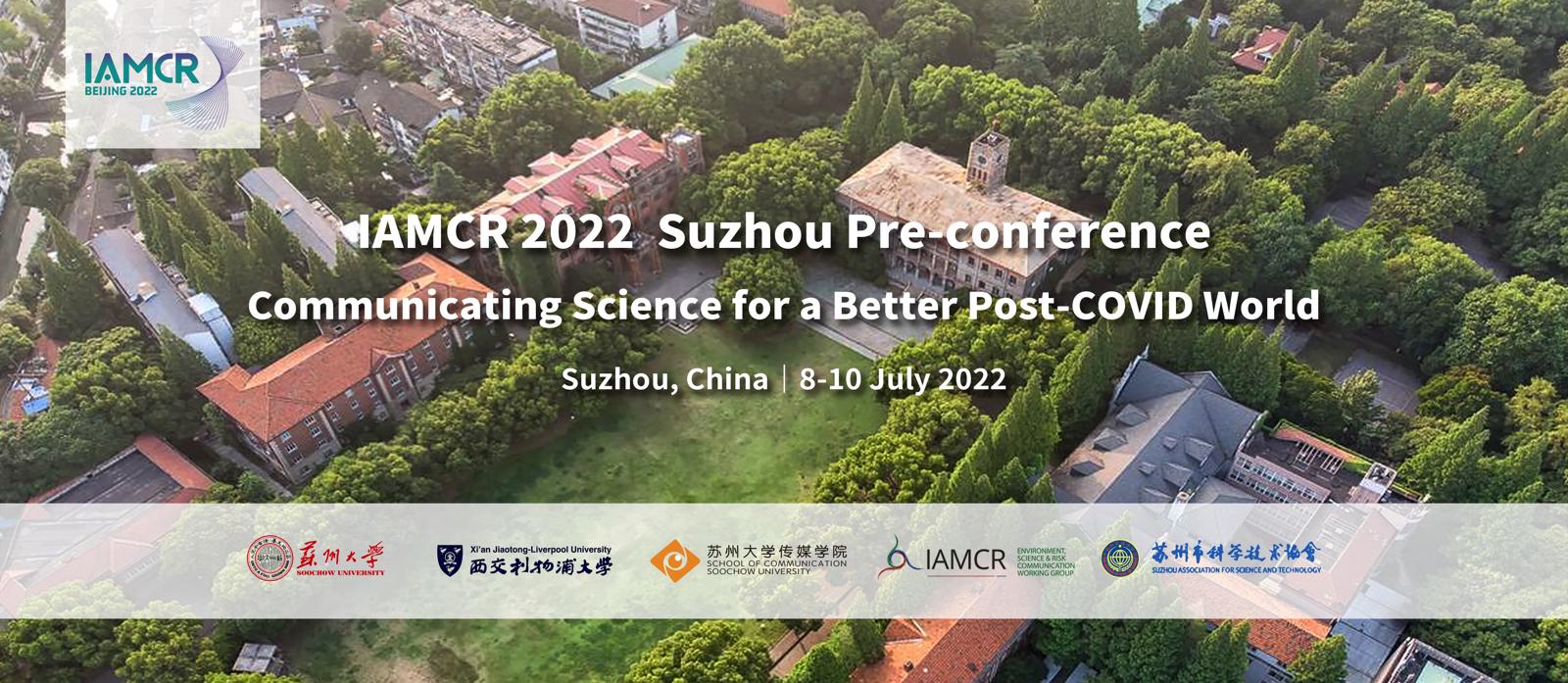The purpose of science communication ethics is to regulate the public-oriented science communication activities, so that it can serve the good development of science and society. The continuous change of digital media technology and the continuous increase of the uncertainty of science itself have brought many changes to science communication, causing problems such as unclear ethical principles, unclear subject responsibilities, declining quality of communication, and poor communication effects. These issues require academic research to respond and address.
First of all, on the basis of referring to its related discourses, this paper summarizes five ethical principles of openness, utility, accuracy, timeliness and accessibility, combining with the current development status of digital media and the concrete practice of scientific communication, respectively, and discusses the subject, content, method, time and media of para-scientific communication. Secondly, in the digital media environment, the subject of scientific communication presents a situation of coexistence of professional subjects and non-professional subjects. The major needs to further strengthen the sense of social responsibility, and make ethical checks and explanations on the truth of information and scientific consensus. For self-media practitioners, industry discipline and personal self-discipline are equally important. Thirdly, in the production of scientific content, first, optimize scientific communication from the perspective of the integration of science and communication; second, provide practical guidance for content producers while encouraging the participation of scientific communication; third, strengthen the internal constraints and external checks of scientific content production. Fourth, the digital media platform should create a healthy scientific communication ecology. In the aspect of scientific content distribution, the first is to continuously optimize the algorithm design and application, and the second is to insist on people's subjective position and initiative. Finally, improve the mechanism of scientific rumors and play a linkage role. First, individuals should break the cognitive prejudice, improve media literacy and avoid being misled by scientific rumors. Second, while digital media platform encourages innovative behaviors of scientific communication, it is necessary to supervise the content of scientific communication. The third is to build a platform for disinformation involving multiple subjects at the national level, and eliminate the stubborn diseases of the information society such as false information and rumors with scientific communication power.

 京公网安备 11010802039275号
京公网安备 11010802039275号